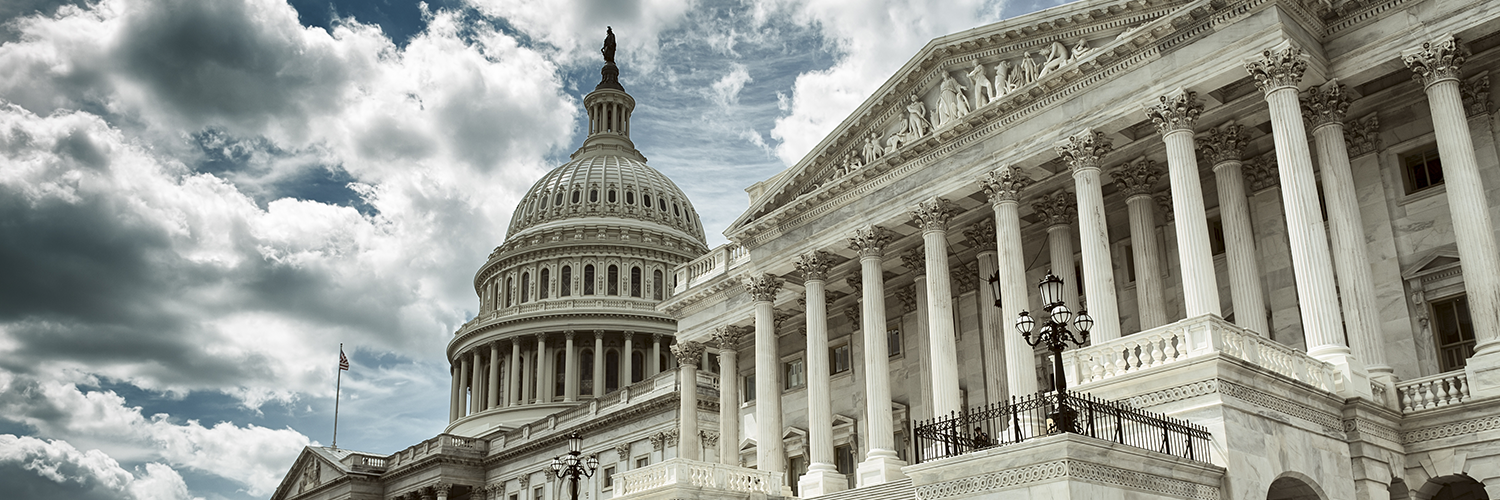Although it was decided nearly two years ago, the implications of the U.S. Supreme Court’s groundbreaking decision in Janus v. AFSCME continue to unfold.
In Janus, the court struck down state laws requiring state and local government employees to financially support labor unions as a condition of employment. Union-represented federal employees, however, have never been similarly required to pay union dues or fees. But that doesn’t mean Janus had no effect on labor law in the federal government. Quite the contrary.
This month, the Federal Labor Relations Authority (FLRA) — the entity that oversees unions and collective bargaining involving federal employees — published its decision in Office of Personnel Management, 71 FLRA No. 107 (OPM).
The decision came in response to a request from the Office of Personnel Management last summer that the FLRA issue a “general statement of policy or guidance” about the applicability of Janus to federal employees.
During the public comment period about whether it should issue such a statement and, if so, what it should say, the Freedom Foundation submitted a formal comment asking the FLRA to conclude that Janus applies in principle to federal employees and outlining a series of specific steps the FLRA should take to ensure the rights of federal employees are protected. The Authority implemented several of these recommendations in OPM.
As an administrative entity, the FLRA must operate within the confines of the laws it is tasked with administering. Unlike a federal court, it can’t unilaterally strike down a law as unconstitutional, though it can and should take federal court decisions like Janus into account when deciding how to interpret and apply federal statutes and regulations.
In this case, the relevant federal law is 5 USC § 7115(a), which requires federal agencies to deduct union dues from the wages of any employee who authorizes it. The statute also provides that an employee’s dues deduction authorization/assignment “may not be revoked for a period of 1 year.”
Decades ago, in U.S. Army, U.S. Army Materiel Development & Readiness Command, Warren, Michigan, 7 FLRA 194 (1981), the FLRA decided that § 7115 “must be interpreted to mean that authorized dues allotments may be revoked only at intervals of 1 year.”
As the Freedom Foundation explained in its comment, however:
“The statute clearly and unambiguously provides that dues assignments ‘may not be revoked for a period of 1 year.’ It does not state that assignments may not be revoked ‘only at intervals of 1 year.’ The FLRA’s interpretation inappropriately rejects and alters the statute’s plain meaning. Even absent Janus, the FLRA would be justified in adopting the proper interpretation of § 7115 — that employees may revoke a dues assignment at any time one-year after its execution — on the basis of sound statutory interpretation alone.”
A majority of the three members of the FLRA — Chairman Colleen Kiko and Member James Abbott — held precisely that in OPM, finding that “§ 7115(a) neither compels, nor even supports, the existing policy on annual revocation windows” and concluding that,
“…it would assure employees the fullest freedom in the exercise of their rights under the [Federal Service Labor‑Management Relations] Statute if, after the expiration of the initial one‑year period during which an assignment may not be revoked under § 7115(a), an employee had the right to initiate the revocation of a previously authorized dues assignment at any time that the employee chooses.”
In a concurring opinion, Member Abbott went a step further, arguing that not only had prior FLRA decisions misinterpreted federal law, but were contradicted by Janus as well:
“The Court’s decision in Janus leads me to one conclusion – once a Federal employee indicates that the employee wishes to revoke an earlier-elected dues withholding, that employee’s consent no longer can be considered to be ‘freely given’ and the earlier election can no longer serve as a waiver of the employee’s First Amendment rights. Thus, restricting an employee’s option to stop dues withholding – for whatever reason – to narrow windows of time of which that employee may, or may not be, aware does not protect the employee’s First Amendment rights.”
This conclusion, coming from the entity overseeing federal labor relations, may help bolster the arguments of many non-federal public employees around the county in federal courts that union-backed restrictions on their ability to cancel the deduction of dues from their wages violate Janus and the First Amendment.
While the decision in OPM did not immediately implement all of the Freedom Foundation’s recommendations, such as revising federal forms to better inform employees of their right to refrain from union dues payment, the FLRA announced its intention to begin the process of implementing new regulations “in the near future” that will better protect “employees’ rights and freedoms” as well as “unions’ institutional interests in a clear and effective procedure for collecting dues.”
The FLRA’s concrete steps to better protect federal employees’ First Amendment right to make their own decisions about union membership and dues payment should serve as an example for all state and local government policymakers.












